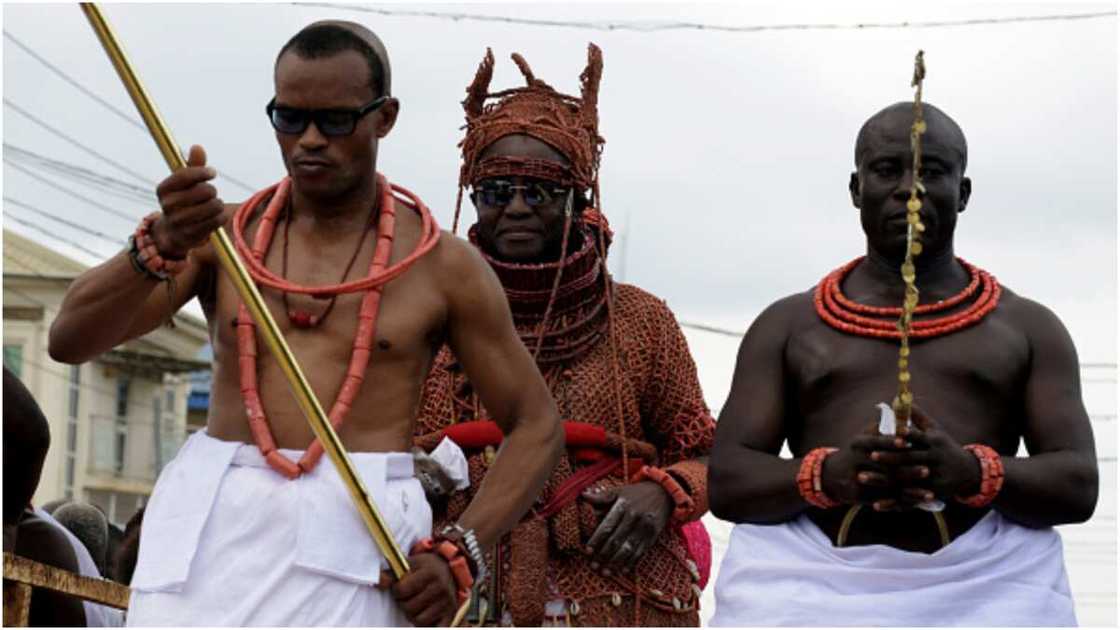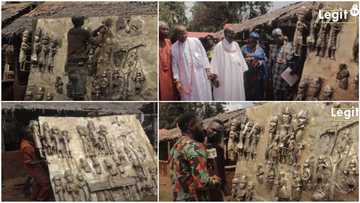Edo Language in Nigeria Influenced the Formation of Portuguese Language, Emerging Report Shows
- A report has found that Edo played a huge role in the formation of Portuguese creoles as there were contacts between the two cultures prior to colonisation
- The Portuguese had a trade relationship with the Benin and part of that was trading slaves to work as maids and labourers
- In the present day, the Edo language has been found to be a strong component in creole's adjectives and adverbs
PAY ATTENTION: Legit.ng is on a mission to support vulnerable children of Calabar – join the initiative on Patreon, let’s change more lives together
A report by Quartz Africa has shown that the Edo language contributed greatly to the Portuguese creole because of the relationship Benin had with Portugal during the pre-colonial days.
For instance, in 1472, a Portuguese explorer, Ruy de Sequeira, travelled to a place which is known as the Niger Delta in modern-day Nigeria. It was then under the control of the Benin kingdom.

Source: Getty Images
The voyagers
Ten years after that voyage, another traveller Affonso d’Aveiro broke their custom of sticking to the harbour as he ventured into the hinterland to visit the Benin kingdom because of the stories he heard about it. He was surprised by how advanced the city was.
That trip established a trade relationship between Portugal and Benin. It is no wonder therefore that the Edo language contributed greatly to the Gulf of Guinea creoles, the popular Portuguese mixed languages.
The combination of the creole
It should be noted that the creoles of the Gulf of Guinea are a combination of Edo languages and Bantu languages of Kikono and Kimbundu.
In 1493, Portuguese explorers, Pedro Escobar and João de Santarém, bought slaves from Benin to work for them on Sao Tome island. This practice continued till the 16th century.
It is no wonder therefore that the Edo language would later play a significant role in the formation of some adjectives and verbs in the Portuguese creole.

Read also
Nigerian woman wins award for building software that can teach Yoruba, Igbo and 3 other African languages
PAY ATTENTION: Download our mobile app to enjoy the latest news update
The Benin wall
Meanwhile, Legit.ng earlier reported that the Benin Kingdom, one of the oldest cities in Africa, was one of the wonders of the world before the modern age.
The same media said that the wall of the kingdom was razed during the 1897 expedition, adding that the act really affected the history of Benin and the proof that there were African civilisations before modernism.
For more than four centuries, the walls were a fortress as it protected the people of Edo and their civilization.
Quoting Fred Pearce of New Scientist, it said that the walls were four times longer than China’s Great Wall.
Source: Legit.ng



